The developers of CrossOver have announced that their latest version can run both 32-bit and 64-bit Windows applications on the new Apple Silicon M1 Macs.
As other virtualization companies work to transition to Apple Silicon M1, CodeWeavers has announced that their CrossOver software can already run Windows games and apps. The company says that there is more work to do but it is functioning under Apple's Rosetta 2.
We're making it official: @codeweavers CrossOver/Wine runs 32- and 64-bit Windows apps/games on Apple Silicon Macs!
— Brendan Shanks (@realmrpippy) November 18, 2020
And it works today!
Big thanks to the Rosetta folks at Apple and everyone at CodeWeavers for their hard work on this.https://t.co/yVnPkV5DDQ pic.twitter.com/RUi2X0vmET
As well as tweeting the announcement, CodeWeaver's Jeremy White has written a blog that briefly describes what they've tried out so far. "We also installed the beta version of Big Sur 11.1, because we know it has some critical fixes to Rosetta [2]," he wrote.
"After we did that, we were able to fire up CrossOver and install and run a wide range of Windows applications," continued White. "I can't tell you how cool that is; there is so much emulation going on under the covers. Imagine — a 32-bit Windows Intel binary, running in a 32-to-64 bridge in Wine/CrossOver on top of macOS, on an ARM CPU that is emulating x86 — and it works!"
White does note that, "it isn't perfect." For one example, he mentioned that "Team Fortress 2 showed some lag" and said, "I think we've got some work to do on that front."
Following the announcement on Twitter, CodeWeavers said that it is compiling a list of Windows apps that work. They also answered a question about older version of Internet Explorer, saying "big nope on old version of IE."
Of the other major companies producing Windows software solutions, Parallels has said that it is "excited to see" the benefits of Apple Silicon M1. It has yet to announce a date when its software will be updated to run on it, but the company has made "tremendous progress."
CrossOver differs from Parallels and other virtualization solutions in that it does not require an entire Windows install to run. It isn't yet clear how this may simplify or complicate the issues for virtualization or emulation that not having an Intel chip in the Mac induces.
 William Gallagher
William Gallagher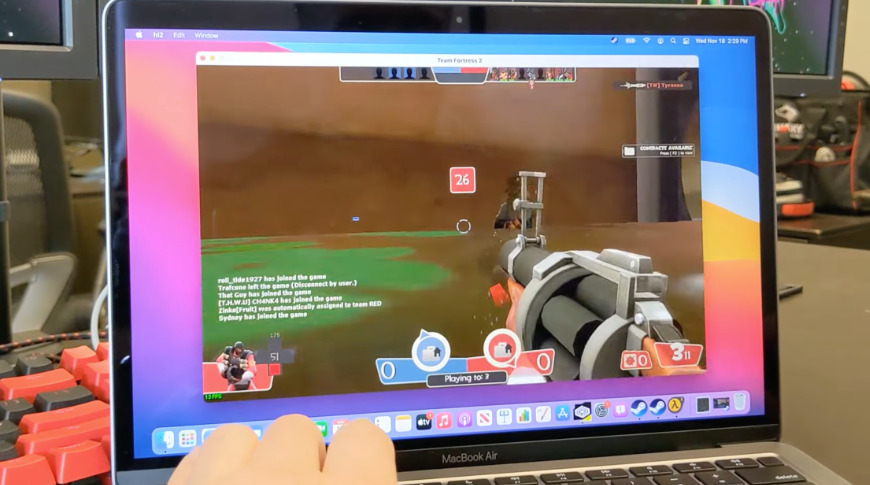

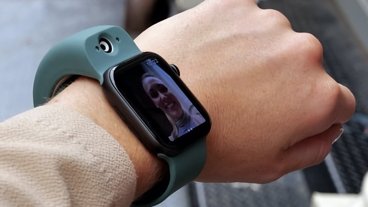


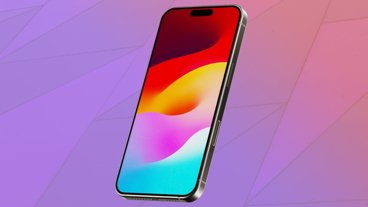


-m.jpg)






 Christine McKee
Christine McKee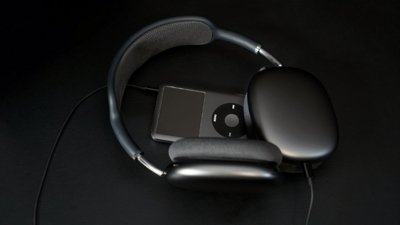
 Malcolm Owen
Malcolm Owen
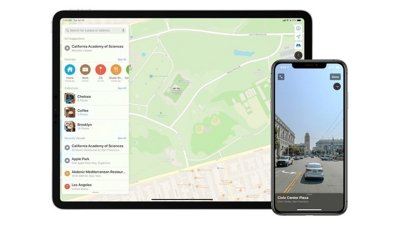










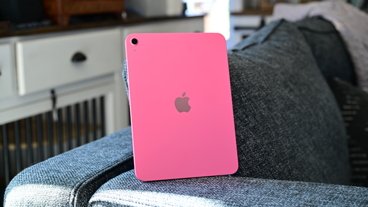
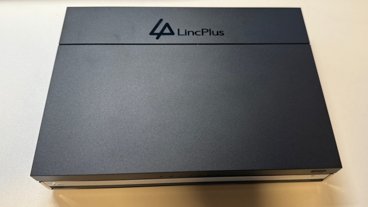

11 Comments
If it’s not native to the M1 it will lag which will make it almost unplayable, it will definitely not be an enjoyable experience.
What I want to know is what they plan to do with WINE when Rosetta 2 is inevitably removed from Mac OS.
WINE/Crossover is targeting a different set of use cases than Parallels and VMWare. WINE is focused on getting individual apps running across platforms. Basically WINE is installing software shims and adapters to replace only the native operating system dependent calls, libraries, and services that the specific application actually uses with ones that work similarly on the non-native platform. This makes their adaptation, which is not emulation (as the WINE name asserts), very application specific and (in my opinion) very fragile. I say fragile because if the app developer updates their app to use different calls, libraries, or system services on the native platform it will probably no longer work with WINE until an updated set of shims and adapters is built.
I liken WINE somewhat to the way I got my ancient Northgate 101 mechanical keyboard and PS2 mouse to work with a Raspberry Pi. I chained together a full sized DIN-to-PS2 adapter to a PS2-to-USB adapter that handles both the keyboard and mouse. It works because the mechanical interfaces are translated by connector adapters and the electrical signals are translated by a little controller embedded in the PS2-to-USB adapter. Looks kludgy but works perfectly.
Parallels and VMWare emulate/virtualize the entire operating system on the foreign host. This sounds like it would be rather slow, but most Intel chips built over the past decade and a half have silicon level assist that improves parts of the virtualization stack significantly. Also, most modern operating systems including macOS, Unix, Linux, and Windows have various types of abstractions around the underlying hardware from applications, i.e., hypervisors, that greatly improve virtualization. All of this underlying hardware and software assist for virtualization greatly improves the performance and robustness of virtualization on these platforms.
Did I mention WINE is not an emulator? In the case of Apple Silicon, Rosetta 2 is providing the required x86 emulation/virtualization.